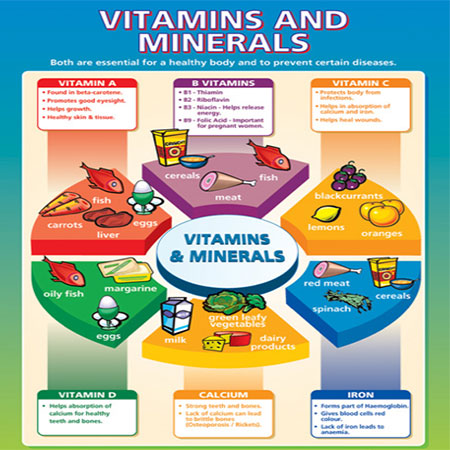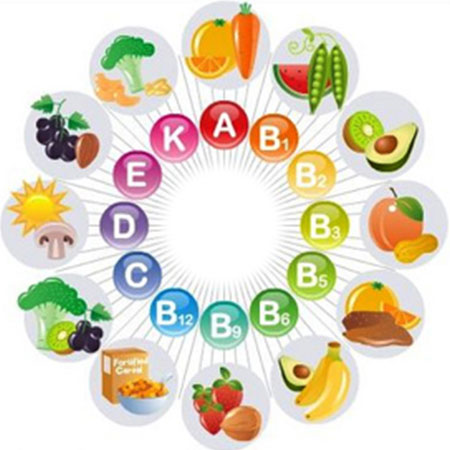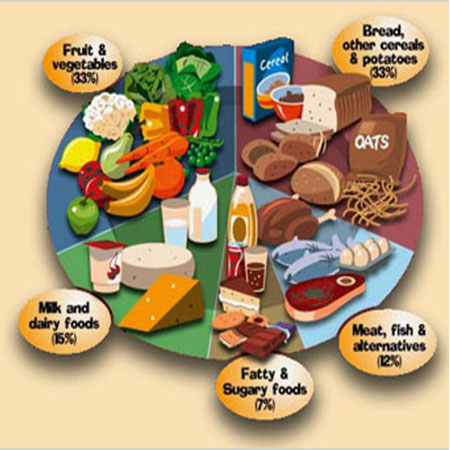VITAMINS

Did you ever notice how TV commercials for breakfast cereal always mention vitamins and minerals? But when you think of minerals, food isn’t the first thing that comes to mind. Aren’t minerals something you find in the earth, like iron and quartz?
Well, yes, but small amounts of some minerals are also in foods — for instance, red meat, such as beef, is a good source of iron.
Just like vitamins, minerals help your body grow, develop, and stay healthy. The body uses minerals to perform many different functions — from building strong bones to transmitting nerve impulses. Some minerals are even used to make hormones or maintain a normal heartbeat.
PRODUCTS LIST
Calcium Gluconate
Calcium Lactate
Chelated Mineral Range (Kelatron)
Magnesium Carbonate Light
Jungbunzlauer Minerals:
Calcium Lactate Gluconate
Tricalcium Citrate
Trimagnesium Citrate
Tripotassium Citrate
Trisodium Citrate
Trizinc Citrate
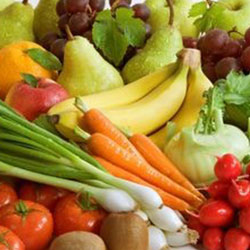
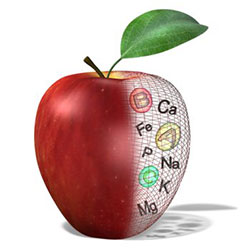


Did you ever notice how TV commercials for breakfast cereal always mention vitamins and minerals? But when you think of minerals, food isn’t the first thing that comes to mind. Aren’t minerals something you find in the earth, like iron and quartz?
Well, yes, but small amounts of some minerals are also in foods — for instance, red meat, such as beef, is a good source of iron.
Just like vitamins, minerals help your body grow, develop, and stay healthy. The body uses minerals to perform many different functions — from building strong bones to transmitting nerve impulses. Some minerals are even used to make hormones or maintain a normal heartbeat.
Macro and Trace
The two kinds of minerals are: macrominerals and trace minerals. Macro means “large” in Greek (and your body needs larger amounts of macrominerals than trace minerals). The macromineral group is made up of calcium, phosphorus, magnesium, sodium, potassium, chloride, and sulfur.
A trace of something means that there is only a little of it. So even though your body needs trace minerals, it needs just a tiny bit of each one. Scientists aren’t even sure how much of these minerals you need each day. Trace minerals includes iron, manganese, copper, iodine, zinc, cobalt, fluoride, and selenium.
Let’s take a closer look at some of the minerals you get from food.

Calcium
Which foods are rich in calcium?
Iron
Which foods are rich in iron?
meat, especially red meat, such as beef
tuna and salmon
eggs
beans
baked potato with skins
dried fruits, like raisins
leafy green vegetables, such as broccoli
whole and enriched grains, like wheat or oats
Potassium
Which foods are rich in potassium?
bananas
broccoli
tomatoes
potatoes with skins
leafy green vegetables, such as broccoli
citrus fruits, like oranges
dried fruits
legumes, such as beans, peas, lentils, and peanuts
Zinc
Which foods are rich in zinc?
Which foods are rich in zinc?







